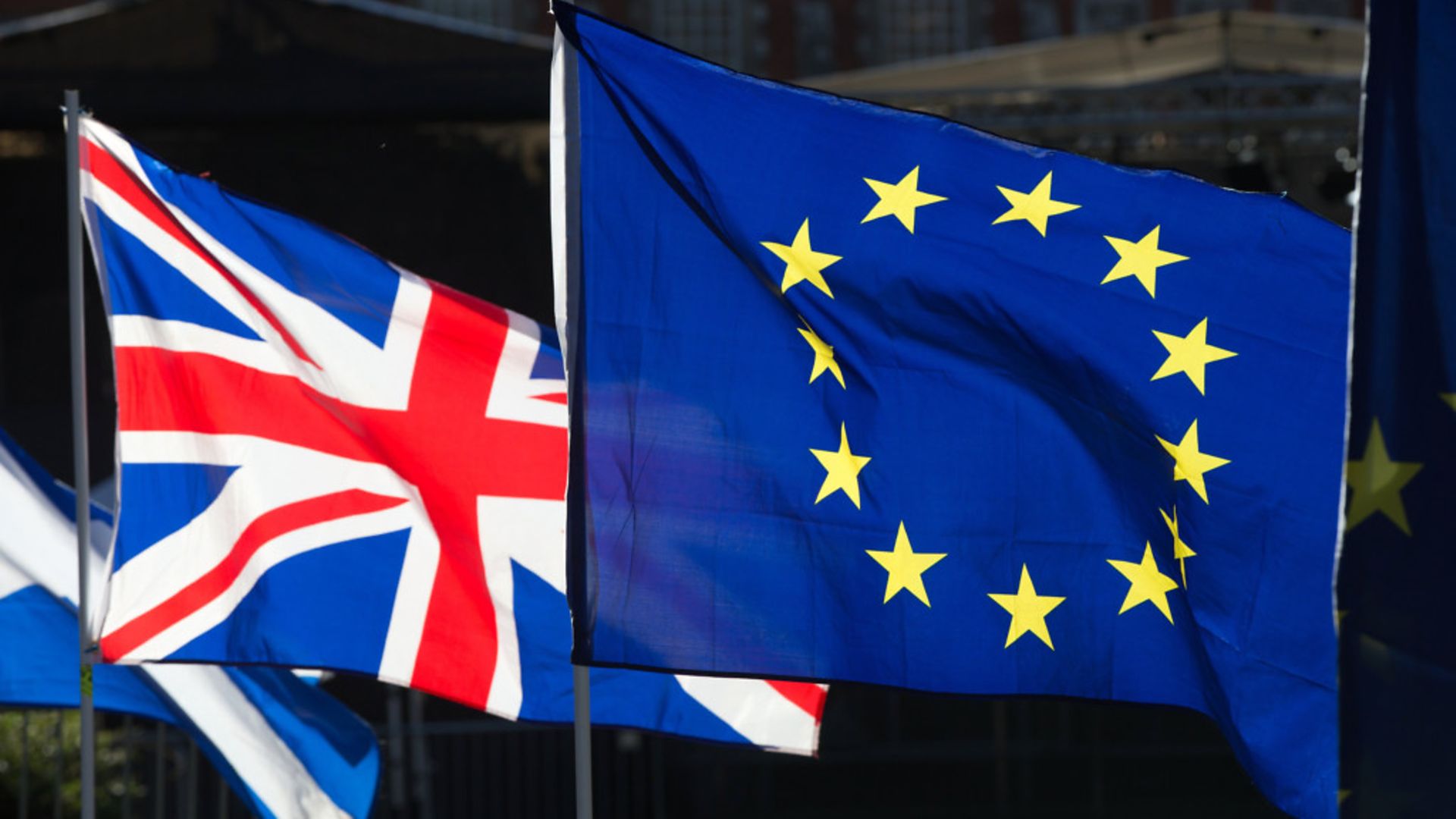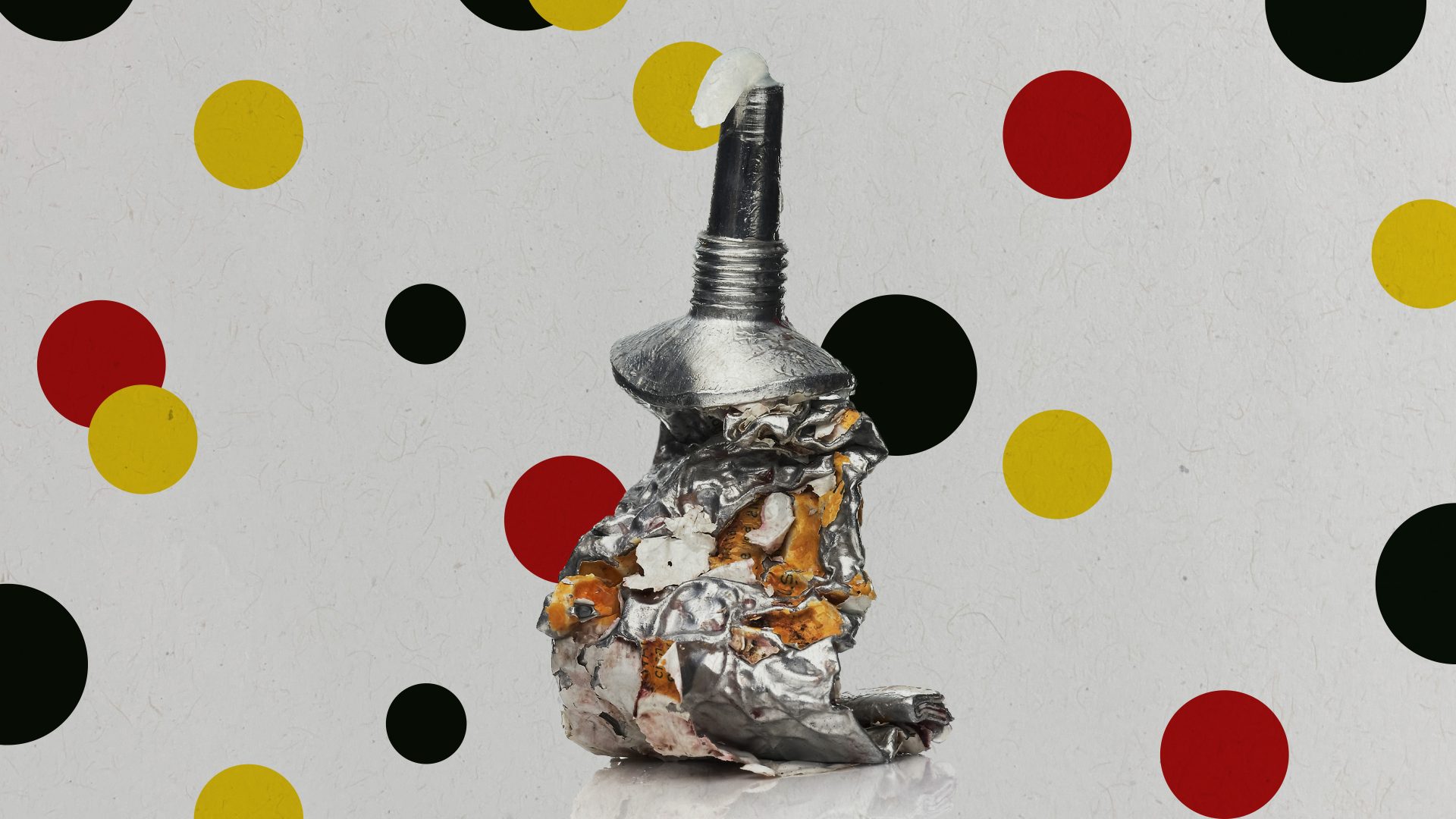Peter Kellner’s excellent article on the tipping point for Brexit (“Hands up who still believes”, TNE #318) concludes with the thought that “effective campaigning” will bring us close to a moment when support for Brexit is widely considered a vote loser. The Remain/Rejoin movement must think carefully about what constitutes “effective”.
When we were in the EEC and EU, the Tory Eurosceptic right (and, later, Ukip) did not bang on about Brexit as their ultimate aim. Indeed, the word “Brexit” only seemed to enter common parlance at the time of the referendum.
Instead, they concentrated on smaller campaigns: “saving” the pound, attacking some inconsistencies of the Common Agricultural Policy, uncovering overspending and inefficiency in Brussels. You could call these things “marginal gains”; together they created the significant loss of June 23, 2016.
This is how we should campaign, too. I am heading towards old age now and I would like nothing better than to see us return to the EU tomorrow morning. Yet we must be realistic and not impatient.
I believe the best chance of us returning in my lifetime lies in identifying and broadcasting the multiple ways that Brexit is doing this country down. Simple lines of attack on the kilometres of red tape and the pointless belief in standards divergence that are choking British business, science and farming, hammered home over time, will ultimately add up to much more than the thousands of letters, banners and marches calling for us to Rejoin Now.
Ken Astbury
Never mind the Brexit tipping point. When will we reach the Brexit tip-off point, when someone tips Keir Starmer off that Brexit is a disaster?
Felix Walton
Re: “The sick man of Europe” (Cover, TNE #318). It has not taken long for the UK to return to the state it was in in the 1960s and 70s, which prompted the UK to join the EU in the first place. Coincidence?
Eric McCorkell
Your “sick man of Europe” cover by Martin Rowson sums it all up. And still all politicians continue to bury their heads instead of looking at the elephant in the room!
Jay Watnough
Re: Paul Mason’s “The Tories must pay for this crisis with a generation out of power” (TNE #318). Only a generation?
Peter Wilton
Via Facebook
Even when the Tories eventually get back into power, they will never hear the end of Brexit.
Eventually, in 50 years’ time, a New Tory government will come in on a “get Brexit undone” ticket – all after Labour has spent years trying to make a round Brexit fit into a square non-Brexit hole.
Lorraine Schneiter
I’m hoping that the big Brexit benefit will be creating the impetus to change up gears in our limping not-quite-democracy and move to a modern democracy.
So end tax breaks for public schools, reform or scrap the House of Lords, bring in PR and a federal UK, reform the tax system to fairly tax all income, reform the monarchy, rejoin the EU and really go for growth.
Maybe this is a lot to ask, but starting to tackle this list would be a start. Starmer – where are you?
John Robinson
Out of this world
Mitch Benn (TNE #318) suggests the next World Cup should be held on Mars. Will there be any beer?
Bart Meester
If the Martians pay enough it will happen.
Vaughan Manning
Gas and air
In WideAngle (TNE #318), Europe’s response to the climate emergency, the conversion of imported green ammonia into green hydrogen is discussed.
The Centre for Solar Energy and Hydrogen Research in BadenWūrttemberg uses electricity from renewable energy sources to create liquid methane from green hydrogen and air. The carbon dioxide is taken from the air. When the methane gases are burned, the carbon dioxide returns to the air.
Thus the system is CO2-neutral. When fully developed, this system would allow methane to be made available to households through the existing gas pipelines.
David Hogg
Bristol
Rice’s iceberg
Nigel Warburton’s hymn to libraries (“Everyday Philosophy”, TNE #318) took me back to a conversation I had over 20 years ago with the late Prof Sir Duncan Rice, then principal of Aberdeen University, of which we were both graduates. Duncan, a historian, had returned to his native Aberdeen to take the top job at the university after many years in the USA.
He was to make his Aberdeen mark in many ways, most notably in commissioning a new library at a time when the digital world seemed to be conquering every aspect of life. He was told libraries were old hat. He profoundly disagreed.
In the tearoom in Fortnum & Mason, Duncan told me about his dream and that the Danish architects Schmidt Hammer Lassen had won a competition to design the new building. It was to reflect the “light and ice of the north” (as befitted a Scots historian, Duncan was a man of the Enlightenment).
Completed in 2012 and the winner of important prizes, the building is open to students and public alike. It houses the university’s modern collection of books on the arts and humanities. Most importantly, to Duncan, it provides a public display space for many of the university’s treasures, acquired over its 527-year existence.
Fittingly, the university elected to name it the Sir Duncan Rice Library. Like some great iceberg, it sits glowing white, a beacon of learning, a home for European thought: Duncan Rice’s legacy to countless students, academics and everyone who values libraries.
Martin Roche
Glasgow G42
Nigel Warburton’s article must strike a chord in many readers. His worries about the shrinkage of libraries in book numbers and accessibility are all too justifiable.
To focus on local manifestations here in the Potteries, Hanley and Tunstall libraries have cut their hours and have been moving into smaller premises. Burslem Library disappeared long ago. This all means a downward spiral in footfall, browsing and general use. It would be interesting to know exactly how many library hours per day have been ‘lost’ nationally each year since 2012.
As Nigel Warburton suggests, such developments undermine any drive to equality. The motivated and wealthy will find and buy books. Those virtually imprisoned in non-reading social environments permeated by ephemeral froth will find their contacts with the wider world made more difficult.
Libraries are demonstrations and guarantors of successful civilisations, building on the past to guide the future. Their deterioration could be a symptom of decline ending in the collapse feared by Sir David Attenborough.
Margaret Brown
Burslem, Staffordshire
Nigel Warburton asked, “Unwanted by whom?” re: the words “Why do I do this every day?” that were painted on a long fence visible from the M40 when driving towards London (Everyday Philosophy, TNE #316). By the owner of the fence, I suppose.
Last year I walked to the graffitied fence, which is between Gerrards Cross and Hedgerley. On the fence there is a laminated sign that says, “Dear artists. You are welcome to paint on our fence. Please take your empty cans, paint pots and paint brushes etc, away with you.”
Phil Jones
Bourne End, Bucks
Chaucer’s tale
I am gradually working my way through back numbers of Charlie Connelly’s Great European Lives, but haven’t yet found any Brits, which is a shame for those of us who with justification see ourselves as Europeans.
There must be numerous Brits who deserve a place in the pantheon of Great Europeans. Could I suggest Geoffrey Chaucer for starters? – soldier, multilingual diplomat, and of course innovative poet, who travelled to France, Hainault and Italy where he is reputed to have met Petrarch and Boccaccio, and to Spain with John of Gaunt, his lifelong patron and friend, in Gaunt’s unsuccessful quest to secure for himself the throne of Castille.
John Mann
Moretonhampstead, Devon
Derby truth
In “The art of protest” (TNE #317), Suna Erdem claims that the jockey Herbert Jones was haunted by the face of Emily Davison after she brought down the royal-owned horse, Anmer, that he was riding in the 1913 Derby. Both his daughter and son refuted this claim, according to their testimonies in Michael Tanner’s excellent book The Suffragette Derby. His son, John, is quoted as saying it was “an utter load of rubbish!”.
Jones’s wife, who was 28 years younger than him, died in 1943 of peritonitis and he “never recovered”, according to his daughter, Thelma. Later depression and deafness added to his unhappiness, which resulted after two strokes in him taking his own life in 1951. He left a note making it “abundantly clear that ill-health was behind it all”, according to the coroner.
John Barton
Redhill, Surrey
United army
After reading Marion van Renterghem on Franco-German relations (The new schism”, TNE #317), I wondered if you know something about Scottish independence that the supreme court justices and the population of Scotland do not. This caught my eye in the timeline: “Paris is saved by a counter-offensive that takes English and French troops to the front in 600 taxi cabs”.
Although I am no military historian, as I understand it there has been no English or Scots army since the Act of Union of 1707. Since then the combined army for Great Britain (and after 1801 the UK) has been known as the “British army”.
Graeme Napier
Aboyne, Scotland
Ed start
Ian Anderson (Letters, TNE #317) is mistaken. Sir Ed Davey, leader of the Liberal Democrats, as well as the Scottish Lib Dem leader, Alex Cole-Hamilton, have long argued that the UK should never have left the EU.
Liberal Democrats have also campaigned for a federal system for the UK and with electoral reform now being mooted, perhaps this will come about. Surely no one can relish the thought of another divorce like Brexit!
Margot Kerr
Inverness, Scotland
Quantum leap
It was interesting that in your excellent piece on Niels Bohr (Great Lives, TNE #317), you mention Albert Einstein only once to contrast their relative 21st-century celebrity. This is very misleading. In the 1920s, by virtue of the Solvay Conferences sponsored by Ernest Solvay of the European alkali industry, both Bohr and Einstein were big public figures by virtue of their dispute about quantum theory.
Einstein could not accept that such a thing as an instant quantum jump was possible inside the atom from one energy level to the other. He famously said, “God does not play dice with the universe” in answer to Bohr and Planck.
This debate was public and conducted with great vigour. Papers such as the New European would no doubt have covered it with enthusiasm.
Alan Craw
Chesterfield, Derbyshire



